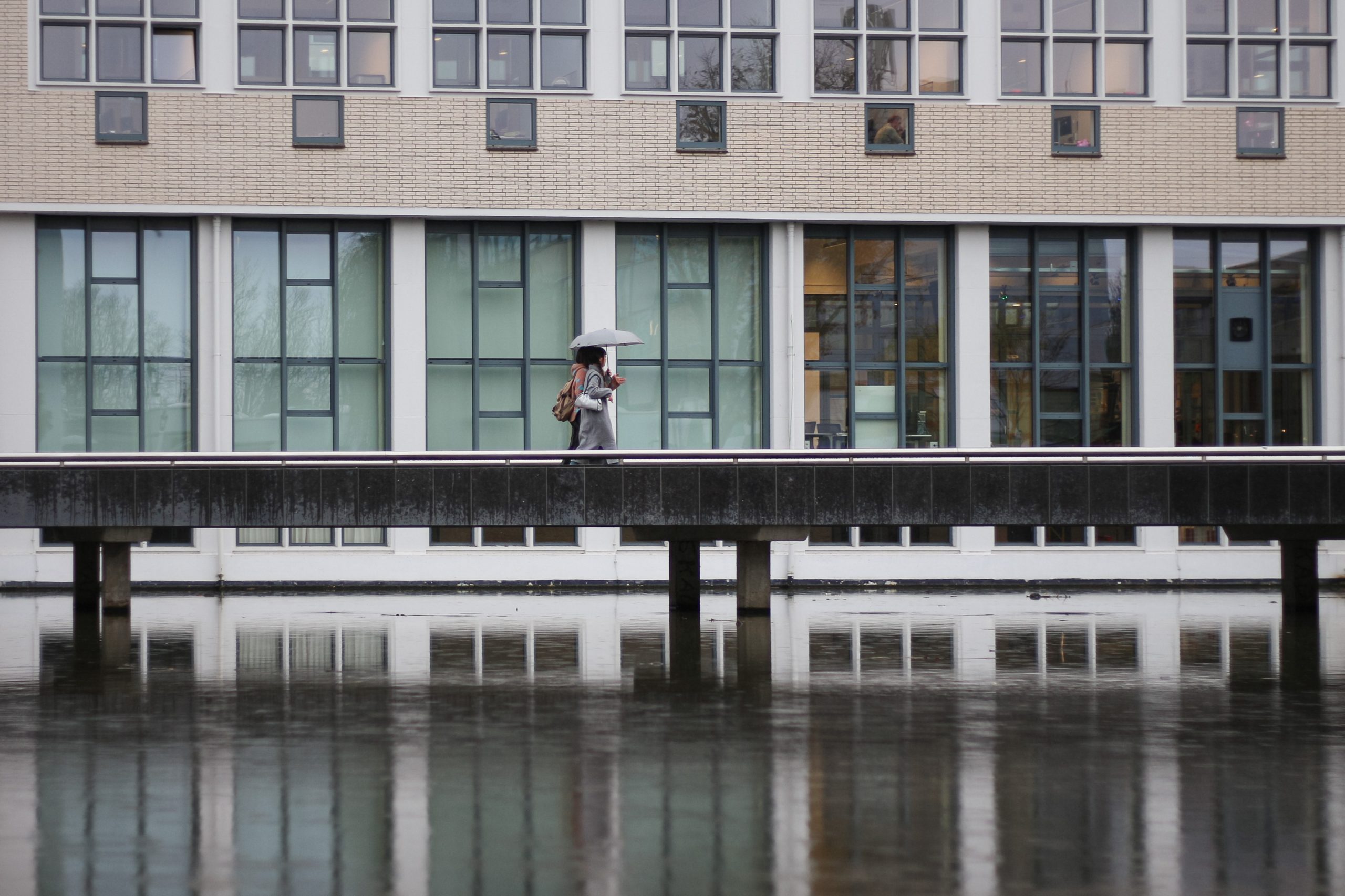The Inspectorate of Education is receiving responses to its call for TU Delft staff to report inappropriate behaviour on the workfloor. Enquiries show that the call is wider.
Spokesperson Inspectorate: “Of course students can also report incidents. Their information could be valuable.” (Photo: Justyna Botor)
In an email just before Christmas, the Inspectorate of Education called on TU Delft employees to report if they are experiencing or have experienced inappropriate behaviour on the workfloor. What is the status now? “It is clear that the call was received as we are getting responses,” says an Inspectorate spokesperson when asked. Given the ongoing investigation, he does not want to say the number and nature of the reports, just as it was not clear four weeks ago what kind of reports set the investigation in motion.
What about students? They did not receive the call, although they too are likely to see or experience incidents on the workfloor. “Of course students can report incidents. Their information could be valuable,” replied the spokesperson. And reports about behaviour outside the workfloor are welcome too, as always. “But we will handle them as separate, regular reports.”
How much time do staff members have to lodge a report? The spokesperson asks that this be done as quickly as possible. “It really helps if people report incidents.” He adds that positive experiences are also welcome, even if this was not included in the original call. “This helps us understand the context.”
‘If necessary, we will pass our restoration orders on to the Board’
What exactly is the Inspectorate looking for? The investigation will be compiled into a report, which the spokesperson expects will be finalised in the second half of 2023. Before then, the Inspectorate will register and make an inventory of the reports it receives and any discussions held with the people lodging the reports, and, if necessary, will then check any issues against the Higher Education and Research Act.
The draft report containing ‘restoration orders’ will then go to the ‘responsible authorities’, in this case TU Delft’s Executive Board and Supervisory Board. They may respond to any factual errors, after which the Inspectorate has five weeks in which to publish the final report. Whether the report will then be sent to the Minister will depend on the findings. “In the first instance, the principle is that it is an issue between the institution and the Inspectorate. If necessary, we will pass our restoration orders on to the Board and monitor what happens.”
- Reporting to the inspectorate can be done here (in Dutch).
In the meantime, the subject is on the agenda of some of the faculties and services. Dean Henri Werij of the Faculty of Aerospace Engineering (AE) addressed the subject at length in his New Year’s speech (intranet). He referred to the employee monitor and a local investigation after which he and his management team had previously decided to start on diversity, inclusion and a safe, pleasant workplace. He expects all his staff to attend a session on behaviour during a culture event at the end of March. “I don’t know where these signals came from or whether it involves our faculty, but the fact that not everybody feels or is safe in our university is not okay.”
Do you have a question or comment about this article?
s.m.bonger@tudelft.nl


Comments are closed.